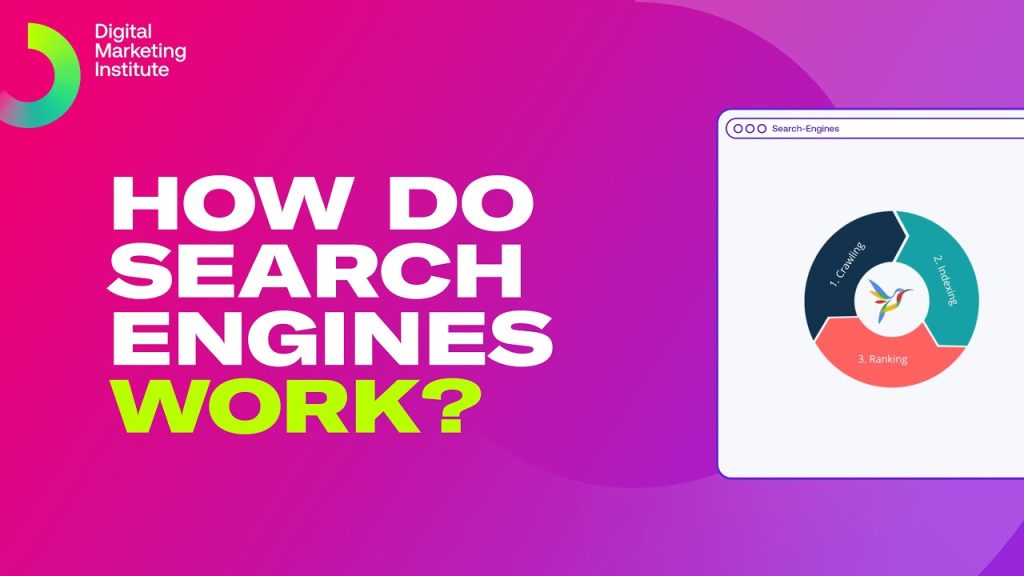AI Content Generator: Boost Your Content Creation Efficiency
In today’s fast-paced digital world, content creation has become an essential part of any successful online strategy. Whether you’re a blogger, a marketer, or a business owner, creating high-quality content is crucial to engaging your audience. However, the process can be time-consuming and often requires a significant amount of effort. This is where an AI content generator comes into play. It offers a powerful solution to streamline the content creation process and boost efficiency.
What is an AI Content Generator?
An AI content generator is an advanced tool that uses artificial intelligence to create written content. It leverages machine learning and natural language processing (NLP) technologies to analyze data, understand context, and generate human-like text. This type of tool can assist in writing blogs, articles, social media posts, product descriptions, and more, making it an invaluable asset for content creators.
Benefits of Using an AI Content Generator
- Speed and Efficiency
One of the main advantages of using an AI content generator is the speed at which it can produce content. What would typically take hours or even days to write manually can now be completed in minutes. This allows writers and marketers to focus on other important tasks while the AI handles the heavy lifting of content creation. - Consistency and Quality
AI content generators can produce high-quality text that adheres to the desired tone and style. These tools are designed to ensure consistency across all content pieces, which is especially useful for businesses that need to maintain a unified voice across various platforms. - Cost-Effective Solution
Hiring a team of writers or outsourcing content creation can be costly. With an AI content generator, businesses can significantly reduce costs by generating content in-house. This makes it an affordable solution for small businesses and startups that are on a budget. - Scalability
An AI content generator can handle large volumes of content generation. Whether you need one article or hundreds, the AI can scale to meet your demands without compromising on quality. - SEO Optimization
Many AI content generators are equipped with features that help optimize content for search engines. By analyzing keywords, user intent, and other ranking factors, these tools ensure that the generated content is SEO-friendly and has a higher chance of ranking well on Google.
How Does an AI Content Generator Work?
The AI content generator works by processing large datasets to learn patterns in language, style, and structure. Once trained, the AI can generate text based on input prompts. Users can specify the topic, tone, length, and other parameters, and the AI will create content that fits these criteria.
These generators use advanced algorithms to predict the next word or sentence in a sequence, which enables them to produce coherent and contextually relevant content. Over time, as the AI continues to learn from user interactions, it becomes more adept at generating high-quality content tailored to specific needs.
Use Cases for an AI Content Generator
- Blogging
Bloggers can use AI content generators to quickly generate ideas, drafts, and full-length articles. The tool can even help with finding the right keywords for SEO optimization. - E-commerce
For e-commerce sites, AI content generators can create product descriptions, reviews, and category pages that are SEO-optimized and engaging for potential customers. - Social Media
AI tools can also be used to craft catchy social media posts that align with your brand’s voice, increasing engagement across platforms like Instagram, Facebook, and Twitter. - Email Marketing
AI content generators are great for drafting email campaigns, newsletters, and promotional messages, making them more personalized and relevant to the audience.

Conclusion
An AI content generator is revolutionizing the way businesses and content creators produce written material. By increasing efficiency, ensuring quality, and providing scalability, these tools offer a game-changing solution for marketers and writers. Whether you’re looking to streamline your content creation process or simply enhance your SEO efforts, an AI content generator can be a valuable asset in achieving your goals. Embrace the future of content creation today!
















